Have you ever been in a situation where you messed up so badly and made things so awkward that it still hurts to think about it to this day? Even if you have, odds are, you were nowhere as cringy as one guy named Michael.
Meet Michael who is making the rounds on Reddit for his facepalm-worthy behavior and for being “too goddamn stupid for his own good”. The amateur Japanese language enthusiast thought he knew the language better than his pal’s mixed Japanese wife and her Japanese grandmother, so he ‘corrected’ their grammar. He then insulted them for not being “submissive” and was forced to eat hot dogs instead of delicious traditional Japanese food like everyone else. The moral of the story is simple: don’t be like Michael or else you’ll do something you’ll probably regret for a long, long time.
Bored Panda reached out to Japanese language expert and member of the VMU Japanese club Hashi, Kotryna Kvietkauskaitė. Read on for our interview with her about learning Japanese and why knowing whether you speak as well as a native is not such an easy thing to figure out.
Image credits: Farrel Nobel (not the actual photo)
A guy who thought he knew Japanese really well made an utter fool of himself
Image credits: cara27hhh
Everyone learns at their own personal pace
Kotryna told Bored Panda that during her studies in Lithuania and Japan, she hadn’t encountered any people who are in a rush to correct how others speak Japanese. “I’ve only read about situations like this on the internet. Meanwhile, among my acquaintances, those who really want to learn the language and those who have been studying it for several years rarely ever say that they’re experts or are in a rush to correct others.”
Bored Panda also wanted to find out at which point a person could confidently state that they know Japanese as well as the average native speaker. However, Kotryna pointed out that this is a complex question and a lot depends on what we determine to be the level at which an average native Japanese person speaks.
“Are we talking about the ability to read fiction in Japanese? Or are we talking about the ability to freely talk with Japanese people not only about everyday things like the weather or your hobbies?” the language expert pondered.
“In Japan, when a foreigner speaks Japanese, they can often get praise for their language skills, even if they simply introduced themselves which is one of the first things that students learn to do.”
According to Kotryna, progress while learning languages, especially Japanese, is a very personal thing and people move at different paces.
“One person might take 5 years until they learn to read Japanese fiction without any problems while another person might take 10 years. In other words, there isn’t a clearly-defined point that can be reached after which a person can confidently state that they know Japanese as well as the average native.”
The more strongly you believe you’re right, the more you want to correct others
We can only assume that Michael felt very sure about his Japanese skills. But thinking you’re great at something and actually being competent are two very different things.
Psychology Today suggests that the more strongly a person believes that their attitude is correct, the more competitive they will be during discussions with others. So if you’re very certain about something, you’re more likely to try and convince others that you’re right. The more certain you are, the more you’ll want to ‘correct’ others’ mistakes.
So if you realize that you’re constantly arguing and in conflict with others, there are two things that you need to think about.
The first thing is that you need to sit down and honestly evaluate whether or not you generally assume that your opinions and points of view are the correct ones.
The second thing to do is much, much harder. You have to try speaking less and listening more. Give other people the chance to share their own opinions (even if you think they’re completely wrong). You might learn something new and get a whole different perspective on things you took for granted. What’s more, this way you’ll actually be more likely to discuss things, instead of trying to convince people to change their minds.
Here’s what people had to say about the awkward situation
Unless you are actually teaching a class, the only language you should correct is that of your children.
Condescending man who could not help but mansplain, was then put in his place. Love it
Now, I can't say for this specific case, but to be fair, native speakers of every language make mistakes. And there are mistakes that are also very typical. Naturally, you don't correct them, unless the situational context calls for it, but I really wish people could overcome the "face barrier" and actually take in consideration the words from certain groups of people. Anyway, yeah, the behaviour and mentality described here sound very inappropriate.
But there is what's technically proper, and what's commonly used. And those 2 things aren't always the same. For example, when I was growing up, my grandfather would always tell me that it's more proper to say "my friend and I", instead of "me and my friend". But everyone I knew always said it the second way. My teachers always used to tell us that "ain't" is not a word. Yet we all used it. So even if he was technically correct, he may have been oblivious to common usage.
Load More Replies...Unless you are actually teaching a class, the only language you should correct is that of your children.
Condescending man who could not help but mansplain, was then put in his place. Love it
Now, I can't say for this specific case, but to be fair, native speakers of every language make mistakes. And there are mistakes that are also very typical. Naturally, you don't correct them, unless the situational context calls for it, but I really wish people could overcome the "face barrier" and actually take in consideration the words from certain groups of people. Anyway, yeah, the behaviour and mentality described here sound very inappropriate.
But there is what's technically proper, and what's commonly used. And those 2 things aren't always the same. For example, when I was growing up, my grandfather would always tell me that it's more proper to say "my friend and I", instead of "me and my friend". But everyone I knew always said it the second way. My teachers always used to tell us that "ain't" is not a word. Yet we all used it. So even if he was technically correct, he may have been oblivious to common usage.
Load More Replies...
 Dark Mode
Dark Mode 

 No fees, cancel anytime
No fees, cancel anytime 








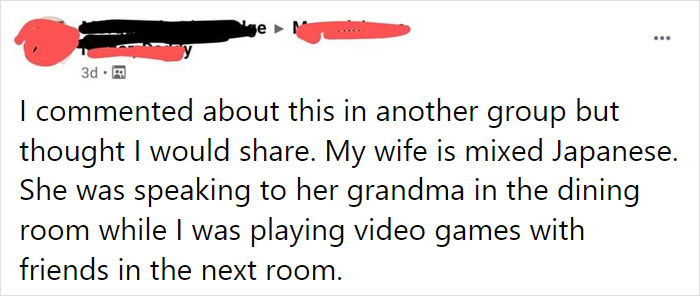
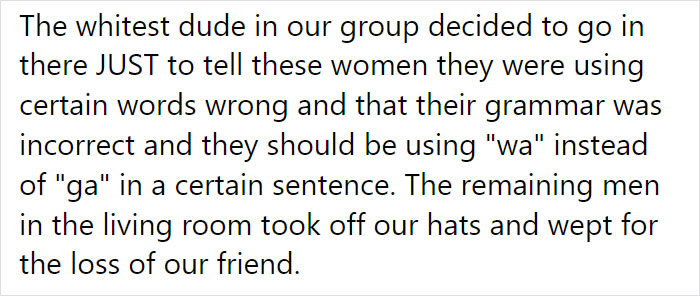



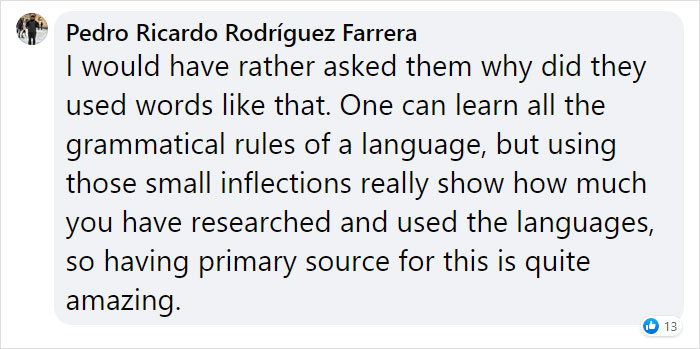



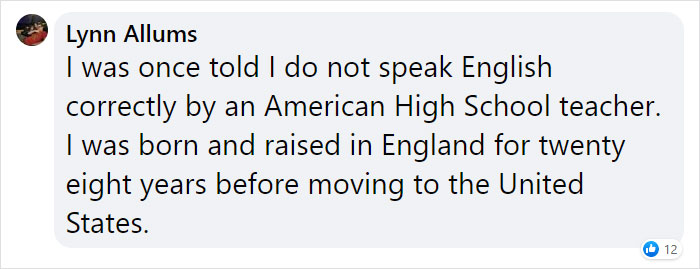






































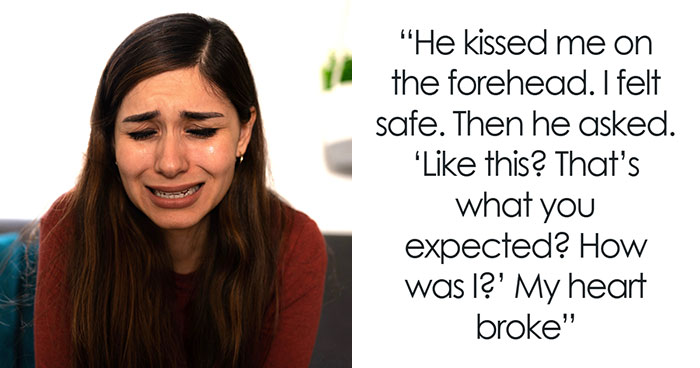











170
86